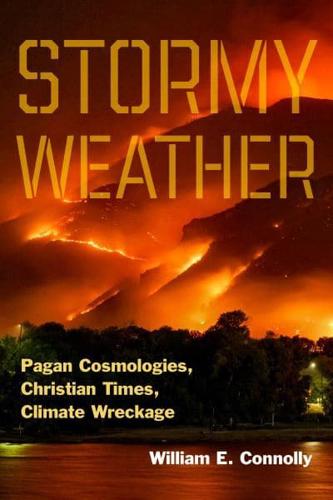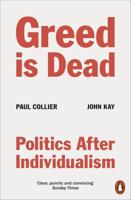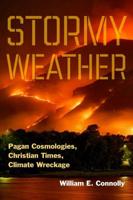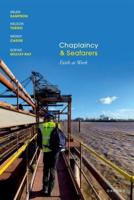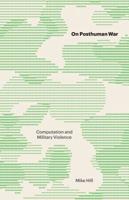Publisher's Synopsis
Composed as a counter-history of western philosophical and political thought, Stormy Weather explores the role western cosmologies have played in the conquests of paganism in Europe and the Americas, the production of climate wreckage, and the concealment of that wreckage from western humanists and earth scientists until late in the day. A lived cosmology, Connolly says, contains embedded understandings about the beginnings of the earth and the way time unfolds. The text engages the major western cosmologies of Augustine, Descartes, Kant, Tocqueville, together with pagan and minor western orientations that posed challenges to them or could have. Hesiod, Ovid, William Apess, Amazonian and Aztec cosmologies, Catherine Keller's minor Christianity, James Baldwin, and Michel Serres instigate key responses, often challenging binary logics and the subject/object dichotomy with a world of multiple human and nonhuman subjectivities.
Connolly pursues a conception of time as a multiplicity of intersecting temporalities to come to terms with the vicissitudes of climate destruction and the grandeur of an earth neither highly susceptible to mastery nor designed to harmonize smoothly with humans. The book revisits the "improbable necessity" of a politics of swarming to respond to the ongoing wreckage and potential fascist responses to vast infusions of climate refugees from the south into temperate-zone capitalist states.
Stormy Weather draws on the work of earth scientists, indigenous thinkers, naturalists, humanists, and students of nonwestern cosmologies. Ultimately, Connolly contends that critical intellectuals today must not remain enclosed in disciplinary silos, or even in "the humanities" as currently defined, to do justice to our moment of climate wreckage.
